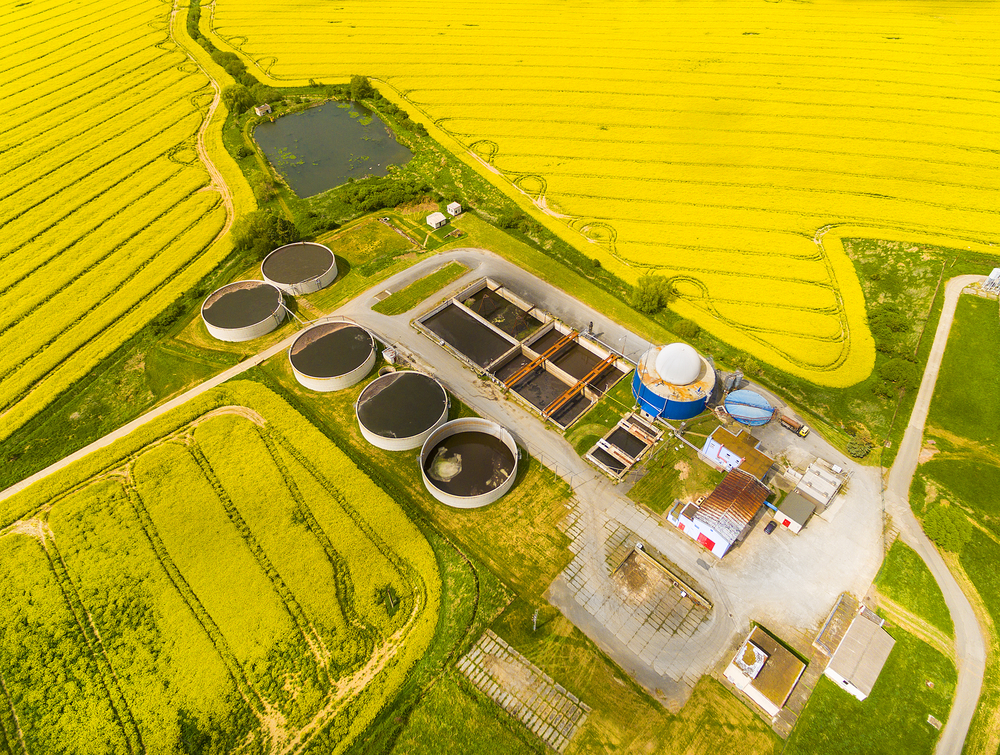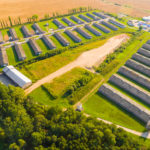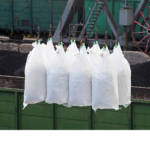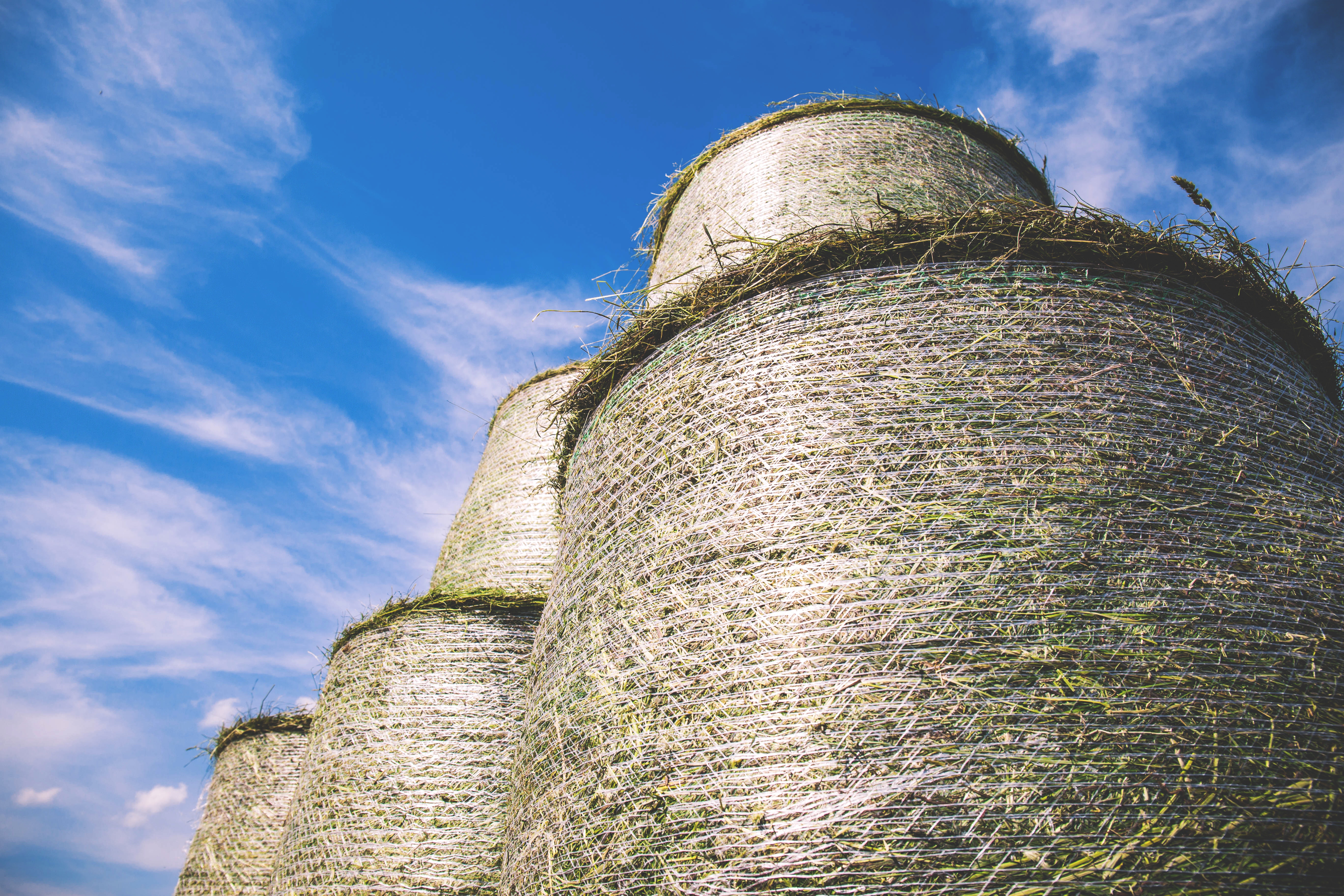As agriculture evolves, so does the need for responsible waste management. When it comes to agricultural plastic, proper disposal is key. The use of plastic is inevitable, but its disposal requires careful consideration to cut environmental impact. Managing agricultural plastics is crucial for environmental sustainability
Why The Concern Anyway?
With plastics being only a small percentage of packaging sources it is easy to dismiss it and keep doing what you are doing. The fact is, you cannot dismiss it, plastics help us greatly and until we come up with more eco-friendly methods of doing things we need to make sure that we are doing the best we can.
Greenhouse gas emissions associated with plastic extend beyond production, transportation, and disposal. The entire life cycle contributes to environmental harm. Besides carbon emissions, the production process releases other pollutants. This further impacts air quality. Furthermore, as plastics degrade, they emit greenhouse gases. This compounds their role in climate change. To address this issue, we need to reduce plastic consumption. There is also a need to improve recycling infrastructure and promote materials with lower environmental impacts.
Laws are changing the way we dispose of these products and you will want to check your local laws to make sure you are in accordance with them. Understanding what happens to your waste with each disposal method will help you make informed decisions for your agricultural plastics.
Landfills
Landfills have been the main way of getting rid of plastics for years but with restrictions being placed on this method new and improved ways are developing. Landfill disposal should be avoided if possible. The millions of pounds of plastic collecting in the landfills is becoming a huge problem.
New landfill sites are becoming harder and harder to find. With that being said this is a method you want to try to avoid if possible.
The push to abandon landfills is driven by various environmental and health issues. Landfills contribute to pollution through harmful leachate, impacting soil and water. During waste decomposition, methane, a potent greenhouse gas, worsens climate change. Additionally, landfills consume vast amounts of space, leading to habitat loss. Populations are growing, and the need for sustainable waste management is urgent.
Incineration
Incineration is a viable option and more eco-friendly than using landfills. Did you realize that not only could our plastics be turned into energy but that we can use it for things like heat and electricity?
If you were to take a year’s worth of greenhouse film in the United States it would produce 300,000 gallons of fuel oil? On the downside, the public has concerns about incineration. The general thought is that the combustion of these plastics produces toxic gases in the air harming people and the environment.
Incineration is deemed safe by the U.S. Environmental Protection Agency because their levels of heavy metals is lower than the levels that cause concern. If you live near an incinerator this is a great option.
Recycle and Reuse
Reusing your plastics when you can is best simply because you don’t add more waste to the pile and you save yourself money for sure. When you cannot reuse your plastics recycling becomes another option for disposal. There is a lot of talk about whether recycling plastics is actually a sustainable method due to the nature of the polymers.
Injection-molded plastics can have up to fifty percent recyclable materials in them. Much of the plastic is being turned into mulch. There is still a lot of research being done to find out if this is really the best solution for disposing of millions of pounds of plastic.
Composting
Composting agricultural plastics poses challenges due to their composition and potential contaminants. Conventional composting systems may not break down these materials. However, alternative methods are being explored
Explore composting options for certain types of agricultural plastics. Some plastics are designed to be compostable under specific conditions. Certain industrial composting facilities equipped to handle biodegradable plastics may accept agricultural plastics. These facilities provide controlled conditions for efficient decomposition. Composting is an eco-friendly way to manage materials, but It’s important to follow guidelines.
Separate Different Types of Plastics
Different types of agricultural plastics may require distinct recycling processes. When disposing of many types, separate them based on their material composition. This helps streamline the recycling process and ensures materials are recycled. Recycling different types of plastics reduces landfill waste. It promotes a more sustainable approach to waste management.
Connect with Agricultural Organizations
Engage with local agricultural organizations or cooperatives. These groups often provide information on how to dispose of items. They may also organize special events for collection purposes. Collaborating with these organizations can make the disposal process more efficient and sustainable.
Consider Alternative Materials
Explore the use of alternative materials that are biodegradable or compostable. Transitioning to eco-friendly materials can help decrease the environmental impact of plastic waste. This transition can be achieved by using more environment-friendly materials.
Do The Best You Can
With all of the ever-changing information we have at our fingertips it is important that you stay updated on new methods and their pros and cons. At the end of the day, you can only do the best you can with the information and resources you have at your disposal.
Give Us A Call
Western Packaging has a solution for today’s new and unique packaging needs. We carry agricultural plastics and much more and welcome any questions you have regarding our services. Give us a call today, we would love to chat with you!






Sorry, the comment form is closed at this time.